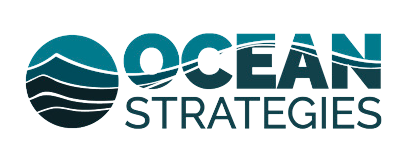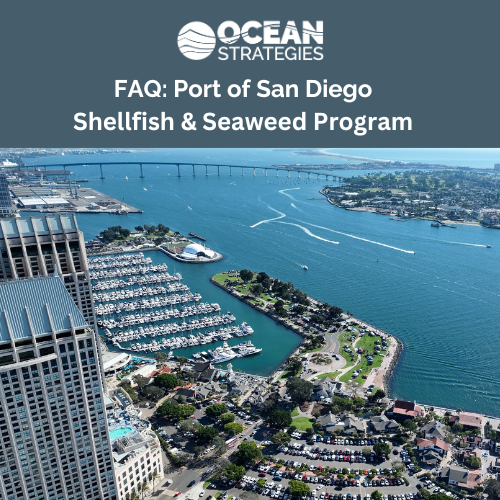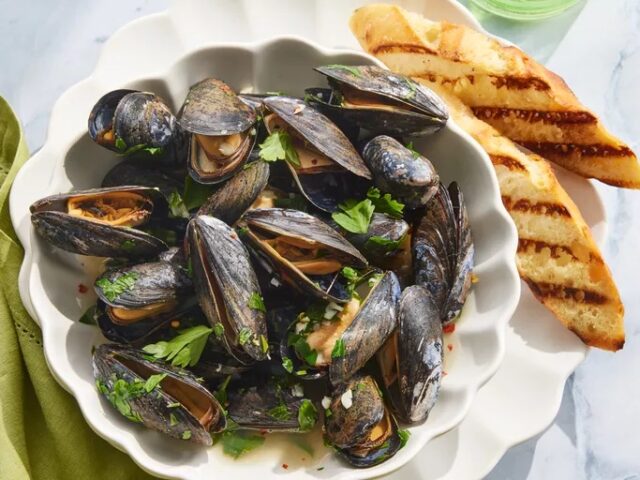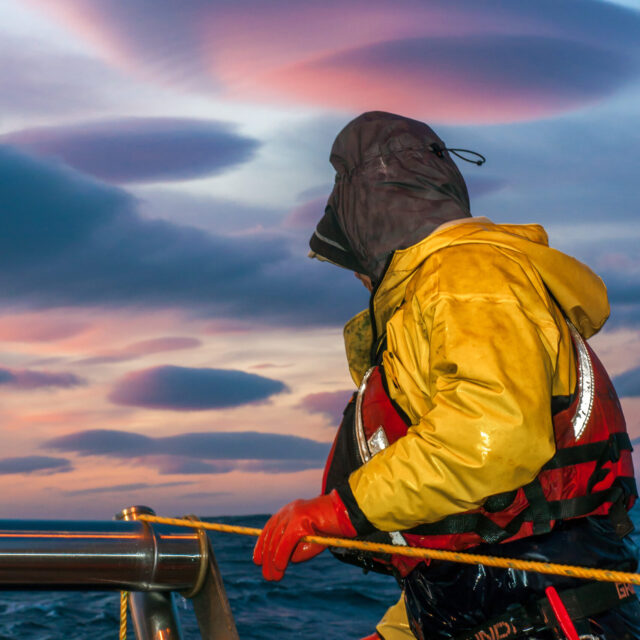*The following is an op-ed published in the Seattle Times on October 29, 2021. The article can be found here.
Eyewitnesses to disaster: Commercial fishermen implore action on the collapse of Alaska ecosystems
As commercial fishermen, we go to sea with a few simple goals: To supply food, to generate a livelihood and to work safely and sustainably. We rely upon a healthy ocean and are working harder than ever to build resilience in an era of industrial harvest, economic consolidation and climate shift. With a globe to feed, and small fishing communities increasingly vulnerable, it’s a balancing act.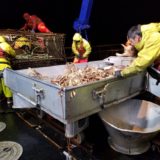
Through the Magnuson-Stevens Act, the U.S. has an incredible system of science-based fisheries management, with none so celebrated as the great North Pacific, known for its vast ocean habitats, world-famous fisheries and vibrant fishing communities.
That very seascape, however, is experiencing a series of fishery disasters today that demand the nation’s collective scrutiny, and our response.
As Hal Bernton of The Seattle Times recently reported, Alaska is witnessing the collapse of its iconic red king crab and snow crab fisheries. This follows the crash of the Pacific cod resource in the Gulf of Alaska along with this summer’s disappearance of Yukon River salmon, reported by The New York Times. Then there is the decades-long struggle chronicled by National Geographic to keep halibut fisheries open in the Bering Sea.
Fishermen, and the coastal cultures they support, are an important part of the ocean ecosystem and an essential voice in addressing these critical issues, in part through the development and implementation of the Magnuson-Stevens Act.
The Act balances complex requirements, from providing for economic “optimum yield,” to minimizing bycatch, conserving habitat and ensuring community participation. Balancing ecosystem and economic needs, and needs between fisheries, is increasingly challenging and for some, costly.
Crab fleets are facing massive losses from this year’s stock crash, threatening an industry that has been valued at more than $200 million in past years.
That revenue filters down to processors and fishing communities in Alaska and the Pacific Northwest, including Seattle, where some vessels come for shipyard needs, services and supplies, and where some crew live or transit through. The Port of Seattle in 2017 estimated maritime support services like vessel maintenance and repair, processing and cold storage on port properties generate more than $671 million in business and sustain 7,200 jobs with a payroll of $313 million.
One of the hallmarks of a healthy science-based management system is its capacity for change. Fisheries science is a constant engine of investigation and recalibration, adjusting harvest to what the ecosystem can provide. An ecosystem approach means responding to the collective impact of all factors, being aware of tipping points, regime shifts, habitat vulnerability, unexpected consequences and changes in fish and fishermen behavior. But that science operates in a political system.
Sometimes the system itself needs to be examined. Are we achieving ecosystem-based fisheries management? Are we adapting to the needs and changes of that ecosystem? Are we respecting cultural connections and social justice?
Recent massive shifts in North Pacific stocks tell us, no. And the why is complicated.
While they aren’t the only factors, running parallel to ongoing crises are a few troubling trends:
● Prioritizing bycatch of industrial fisheries over historic Alaska fisheries for halibut, sablefish, herring, salmon and crab.
● Long-term human impacts to ocean and terrestrial essential fish habitat.
● Rapidly evolving climate shifts, from ocean acidification to temperature change, realities that have us scrambling to effectively respond through management.
These are tough issues, and no decision-making body can solve them all. They are also pivotal considerations as we approach the reauthorization of the Magnuson-Stevens Act.
In the North Pacific, fishery managers are making big decisions this year to address the crab stock crises and respond to bycatch overages that pose significant consequences to other fisheries and fishing communities.
These decisions need to address some of the long-term trends hampering fishery resiliency.
The North Pacific ecosystem is asking us to recalibrate. To be more responsive and think outside the management boxes we’ve created, because the boxes may no longer be sustainable as designed, nor flexible enough to deal with new, rapidly changing realities.
We need to build adaptation into our management philosophy, not prioritize static measures for a few industrial fishing corporations. We need to prioritize the participation of fishing communities and independent fishermen and ensure management plans make space for future generations of fishermen.
Most of all we need to make the bold changes the ecosystem is demanding, including firm caps and accountability measures on bycatch and habitat impacts, even if businesses have to change their plans — as communities have.
Our fisheries laws are intended to keep us whole: the fish, the fisherman, the community, the industry, the consumer public and the ocean itself. We need to design and implement the laws with that core value of science-based management as our guiding philosophy: the capacity for responsible change.
Right now, we need responsible, systemic examination and change, before the window of opportunity closes. If the North Pacific is the bar for success, it will take more than the status quo to keep it afloat.
Casey McManus, a Bering Sea crab harvester, and Hannah Heimbuch, a Gulf of Alaska salmon harvester, contributed to this Op-Ed.
